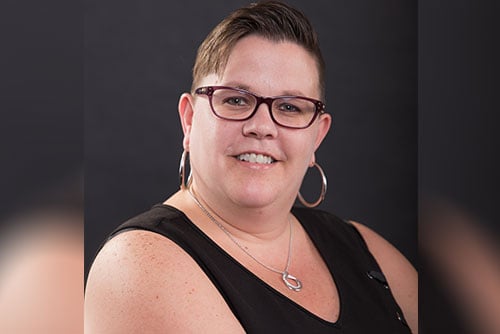

Following the first round of legalization in Canada last October, the insurance appetite around cannabis has resulted in what some characterize as a tight marketplace. In fact, one expert calls it “difficult” because of the limited players in the market, many of whom are using the same capacity.
“You can have a facility go up for $500 million in property capacity – that’s what it’s probably worth – but at the end of the day, the capacity that’s available in Canada right now is anywhere from about $70 million to $150 million, if you’re lucky,” said Kelli Hunt (pictured), senior commercial underwriter and VP of cannabis insurance at Next Wave Insurance Canada, and a speaker at the upcoming Cannabis Cover masterclass in Toronto.
There are likewise challenges from a liability perspective, added Hunt.
“These are all new products that have come out of nowhere, [and] we’re the only market in Canada that hasn’t put a health hazard exclusion on our policy when it comes to cannabis, which is pretty important,” she told Insurance Business. “Everybody else is very limited – they’ve excluded either carcinogens, which I find a little strange, because the only legal way to consume marijuana in Canada right now is to light it on fire, which produces a carcinogen, so I’m not quite sure what those policies are covering. There’s a lot of tricky qualities that are out there [where] insureds may think they’re getting the full coverage that they need and really at the end of the day, they aren’t.”
The other big problem in Canada right now in cannabis is D&O. Any cannabis company that has US involvement or US financing is paying through the roof for the coverage, according to the Next Wave expert.
“In the cannabis space in general, we recently had a pretty big loss in the D&O space where I think it’s going to affect the capacity that exists right now, which isn’t a lot, and it’s about to get a lot tighter and a lot more expensive than it already was to begin with,” explained Hunt.
One of the main causes for the current tough conditions is the fear of the unknown because no-one can predict what the loss ratios are going to be for cannabis facilities a few years down the road. Not to mention that most businesses are finding it challenging to get affordable insurance right now, let alone those that have any kind of stigma around them.
“The marketplace in Canada for regular business is having a hard time right now, so I think everybody is just trying to wrap our heads around [the fact that] it’s a new industry that has never been started in the world,” said Hunt. “I think there’s a stigma attached to cannabis, and there will be a lot of people that don’t want to touch it because they still consider it to be a narcotic. You come across that quite a bit, even on the broker side. In the broker channel, a lot of brokers don’t want to touch it for whatever moral reasons that they are still harbouring.”
However, the cannabis industry is a new source of revenue, so Hunt recommends putting aside “the nonsense” and getting the job done.
At the Cannabis Cover event, Hunt is ready to answer any and all questions that brokers might have around insuring cannabis companies.
“What Cannabis Cover should be doing is educating people,” she said. “We’re going to come in and educate people on cargo and our solution for that, we’re going to talk a little bit about D&O and E&O, and we’re going to talk about the difference between what Health Canada is requiring these insureds to have versus what kind of coverage they actually should be needing. There’s a bit of a gap there, because the Government of Canada is requiring that they carry all sorts of crazy high limits and weird things that might not necessarily be the right coverage.”
At the same time, the government might not make it mandatory for cannabis companies to have E&O coverage, for example, leaving that insurance gap.
“The goal here is to educate our broker community as best we can and have an open, honest discussion about what’s going on,” explained Hunt. “It’s going to be Cannabis 101, especially with the new legislation coming in.”
Hunt adds that she doesn’t want brokers to think there are any stupid questions about cannabis.
“This is the day for them to come out and ask the questions that they might not get clarity on from the underwriters right now because we’re all so busy,” she said. “It’s going to be a bit of a free-for-all, but I think it’s going to be very important for everyone, and I think everybody’s going to take something away from it.”
Learn more about the current cannabis market and future opportunities by attending Cannabis Cover Toronto at Vantage Venues on November 06, 2019. To sign up, click here.
